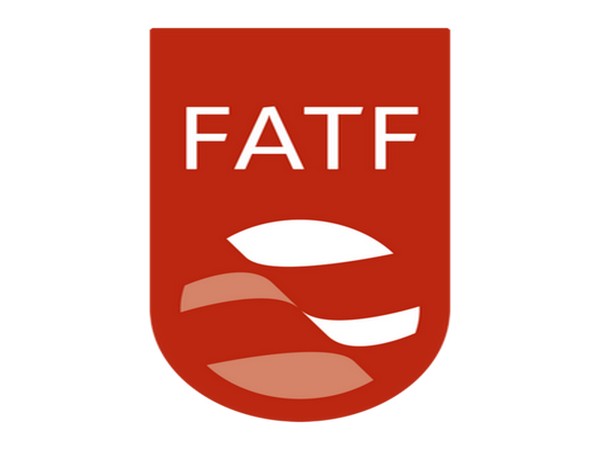By Dan Byrne for AMLi
AN EXTENSIVE OPERATION to root out laundering schemes has resulted in more than 400 arrests and the identification of over 4,000 ‘money mules’ in three months, according to new information released by Europol.
The arrests were part of an annual operation to target ‘money mule’ schemes across the world, the EU’s law enforcement agency said Wednesday.
It urged caution to Europe’s financial services industry not to “become a link in the money laundering chain.”
Codenamed ‘EMMA 6’ – the operation was carried out from September to November 2020, with support from other agencies, such as the European Banking Federation, FinTech FinCrime Exchange, INTERPOL and Western Union.
It is the sixth year that this kind of ‘money mule’ operation has been carried out.
“As a result, 4,031 money mules were identified alongside 227 money mule recruiters, and 422 individuals were arrested worldwide,” Europol said.
“1,529 criminal investigations were initiated. With the support of the private sector including more than 500 banks and financial institutions, 4,942 fraudulent money transactions were identified.”
Europol estimates that around €33.5 million was ‘saved’ by the recent actions against these criminals.
The Hague-based policy agency said: “Operation EMMA is part of an ongoing project conducted under the umbrella of the EMPACT Cybercrime Payment Fraud Operational Action Plan, designed to combat online and payment card fraud, led by the Netherlands.
“Building on the success of the previous EMMA operations, EMMA 6 saw the participation of law enforcement authorities from Australia, Austria, Belgium, Bulgaria, Croatia, Cyprus, Czechia, Estonia, Finland, Greece, Hungary, Ireland, Italy, Lithuania, Moldova, Netherlands, Poland, Portugal, Romania, Spain, Sweden, Switzerland, Slovenia, Slovakia, United Kingdom and United State,” Europol said.
Money mules are individuals who transfer funds on behalf of a criminal organisation as a way of avoiding suspicion or ensuring there is someone else to blame if authorities intervene. Frequently they may not aware of the true nature of their work and are often recruited through fake advertisements or job descriptions.
Despite this, penalties for being caught as a mule include fines and jail time. Physical threats or attacks are also known to happen if a mule tries to stop transferring funds as initially agreed.
Although some of the cases pursued by Europol through ‘EMMA 6’ were COVID-19 related, Europol said that the most common mule schemes involved payment process compromise and romance schemes.
Cryptocurrency transactions are becoming an increasingly popular channel for these schemes.
The issue of money mules has become so prominent that Europol – alongside other law enforcement agencies – has decided to start an awareness campaign.
‘#Don’tBeAMule’ launched this week. “If you think you might be used as a mule, act now before its too late: stop transferring money and notify your bank and your national police immediately,” Europol said.
Share this on:
Follow us on:








